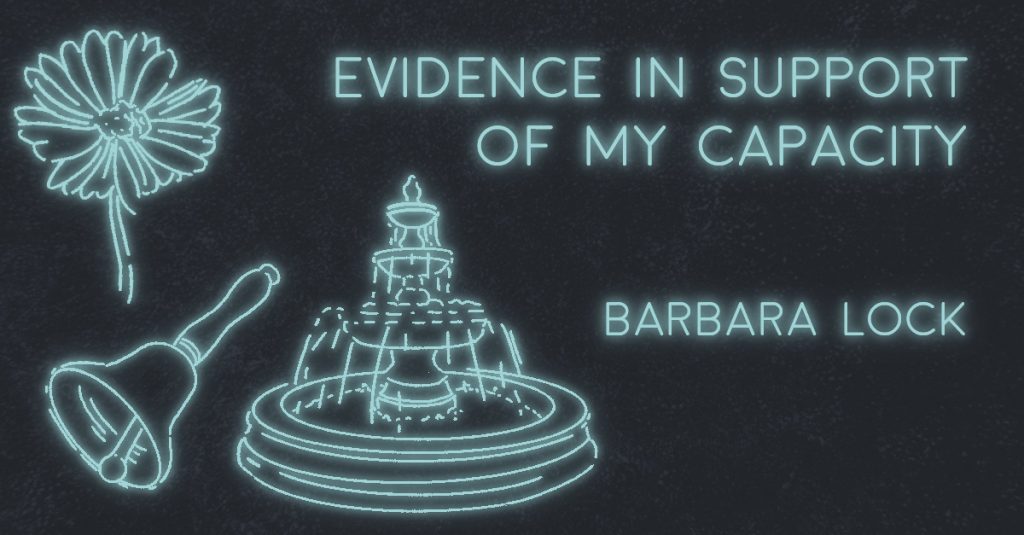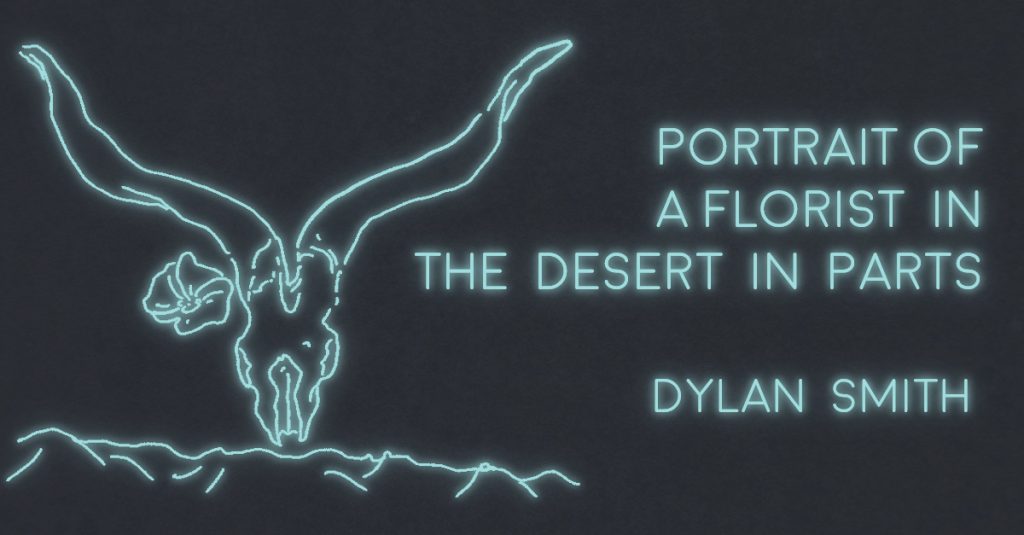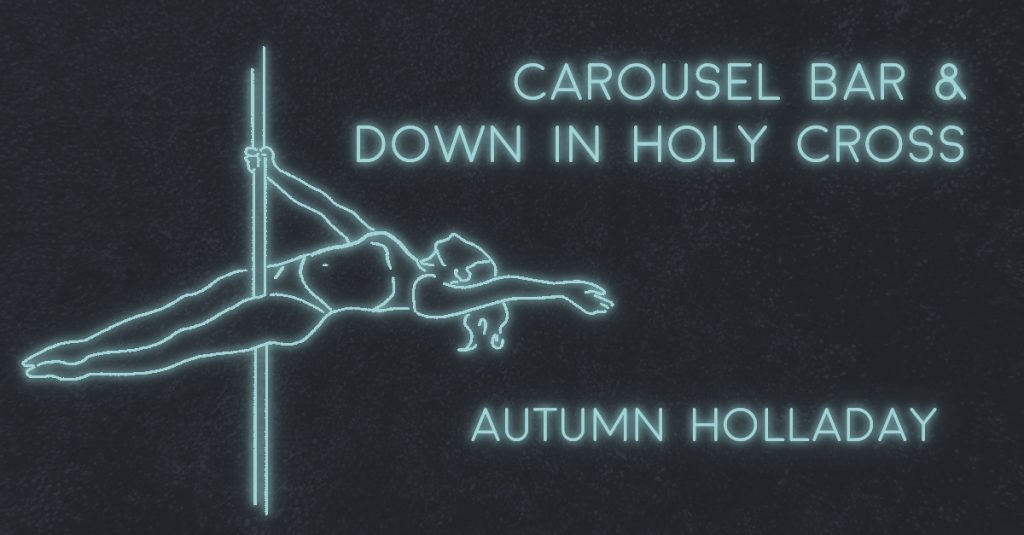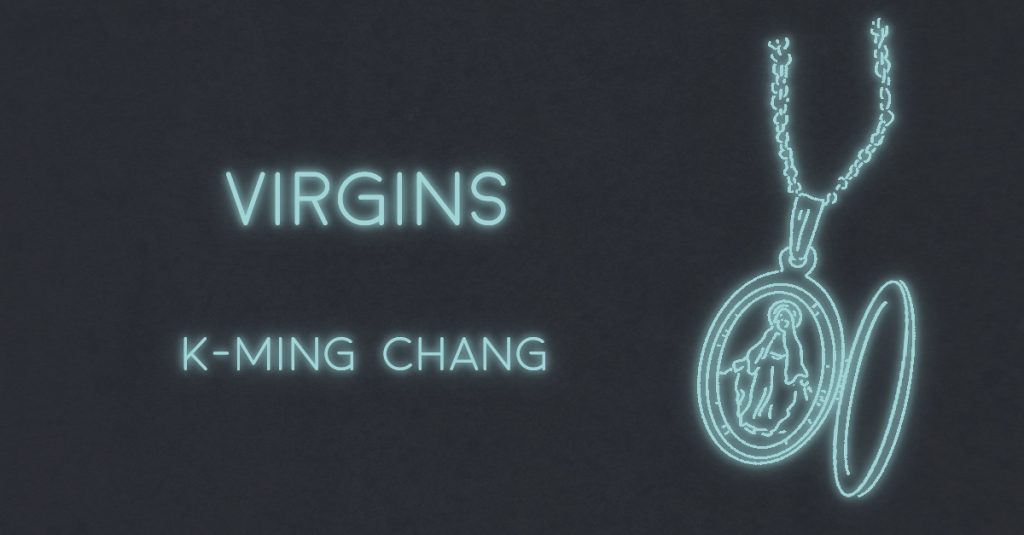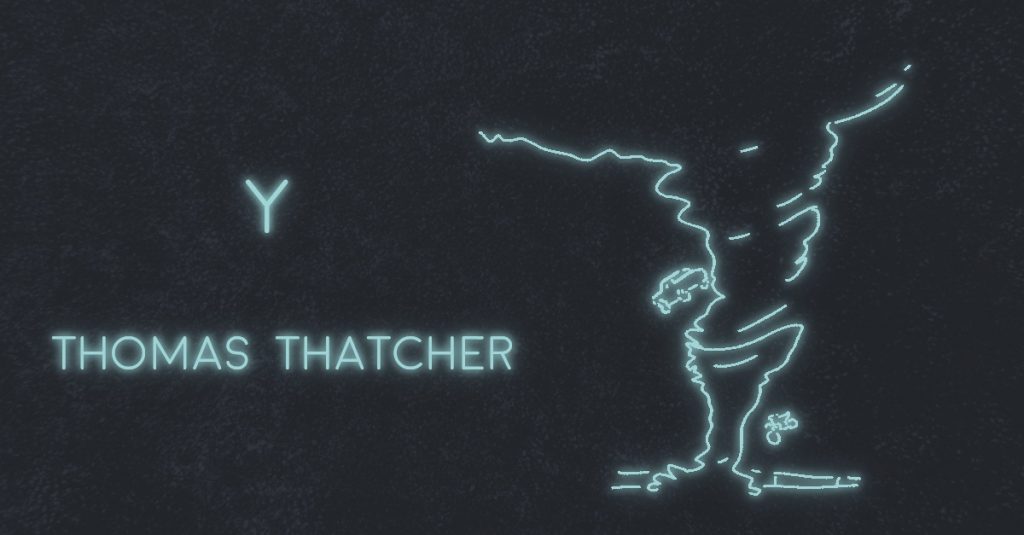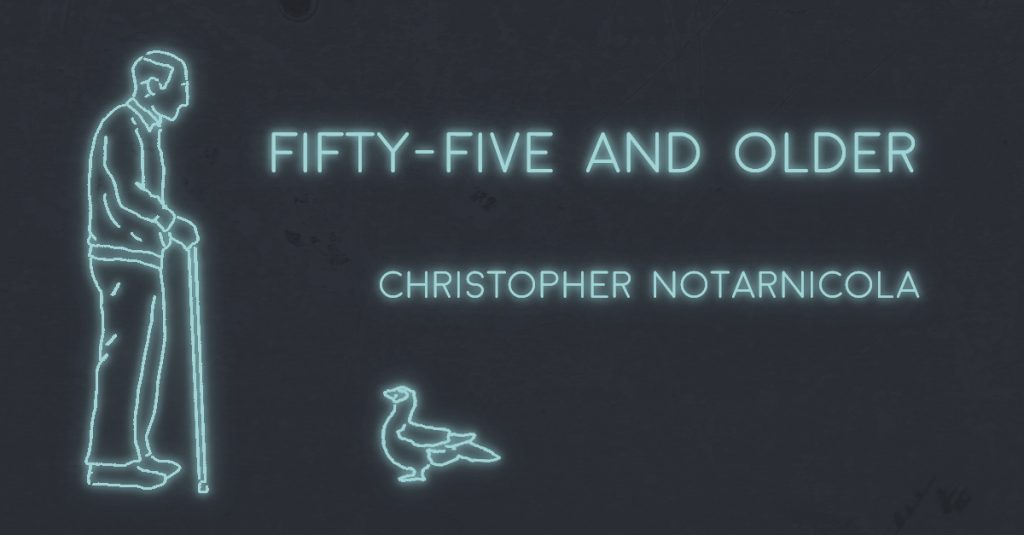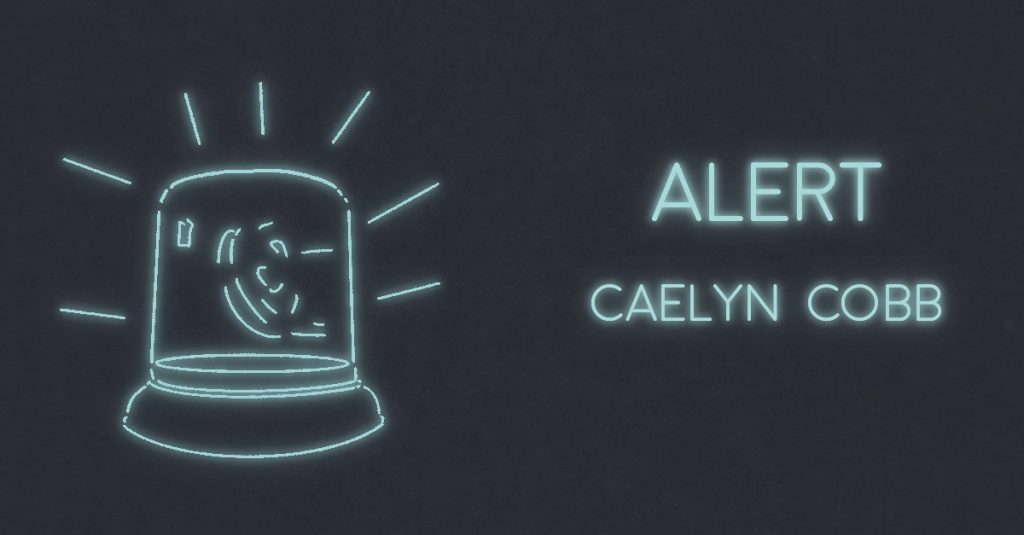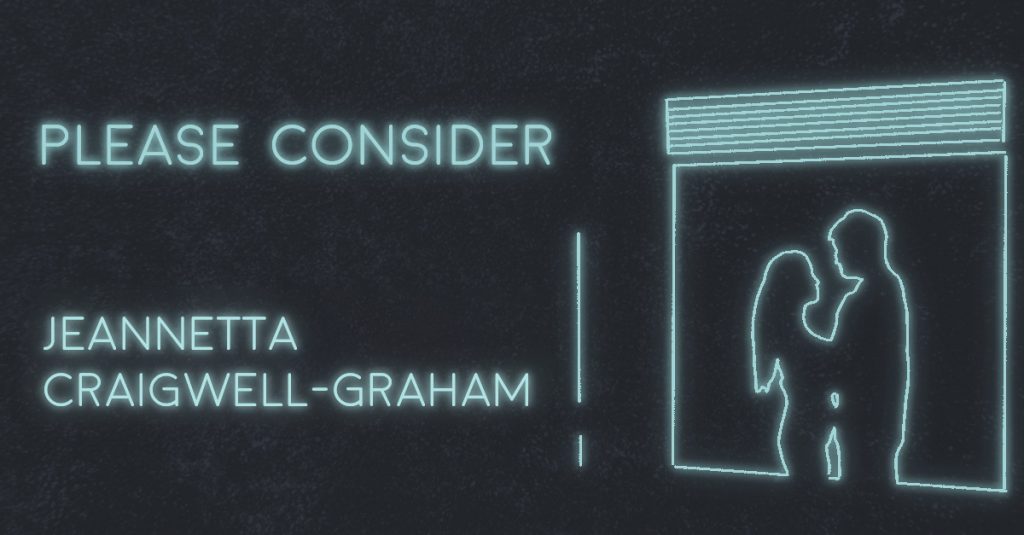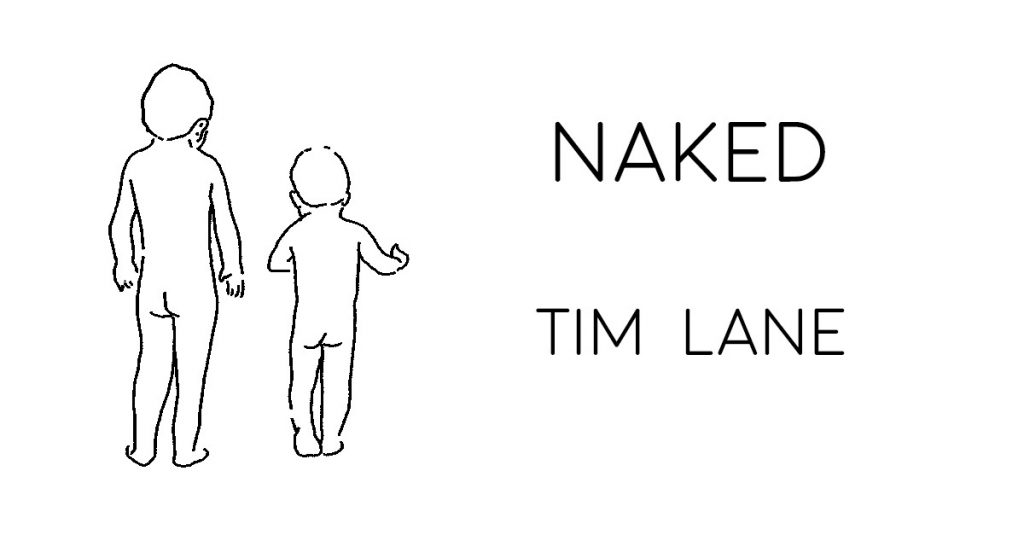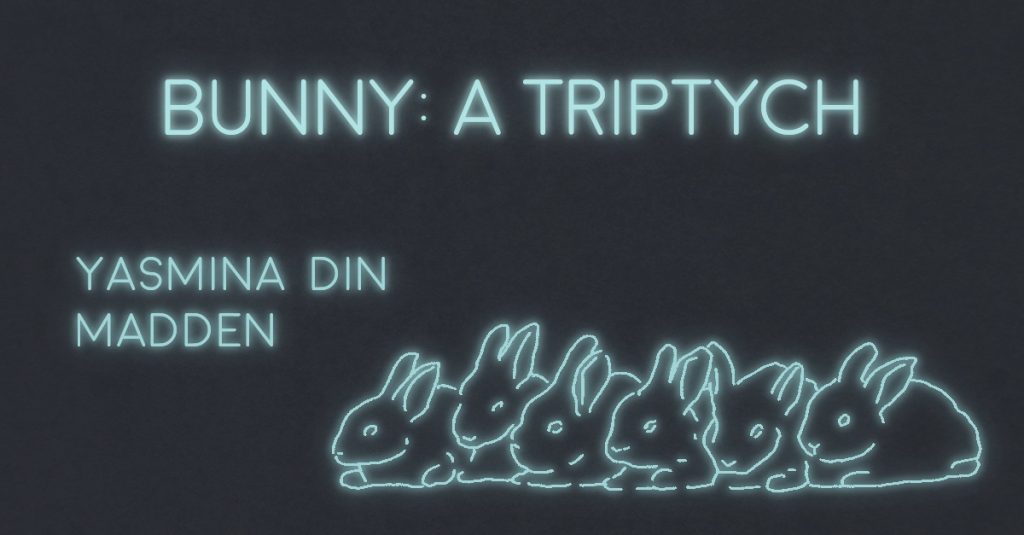
BUNNY: A TRIPTYCH by Yasmina Din Madden
1. The rabbits come in dozens it seems. Nothing one minute, invasion the next. They crouch in the grass like tiny statues, gray fur flecked with white. Cottontails. Leaf-ears at attention. Waiting. Kits, short for kittens, now called bunnies, as if kitten is not cute enough for the tiniest of these rabbits. Bunny, diminutive of the Scottish bun, a nickname for a pet rabbit. Also, slang for a young, attractive woman. She’s a real bunny. A male rabbit is a buck, a female a doe. Before mating, the buck chases the doe until she turns and boxes at him with…

